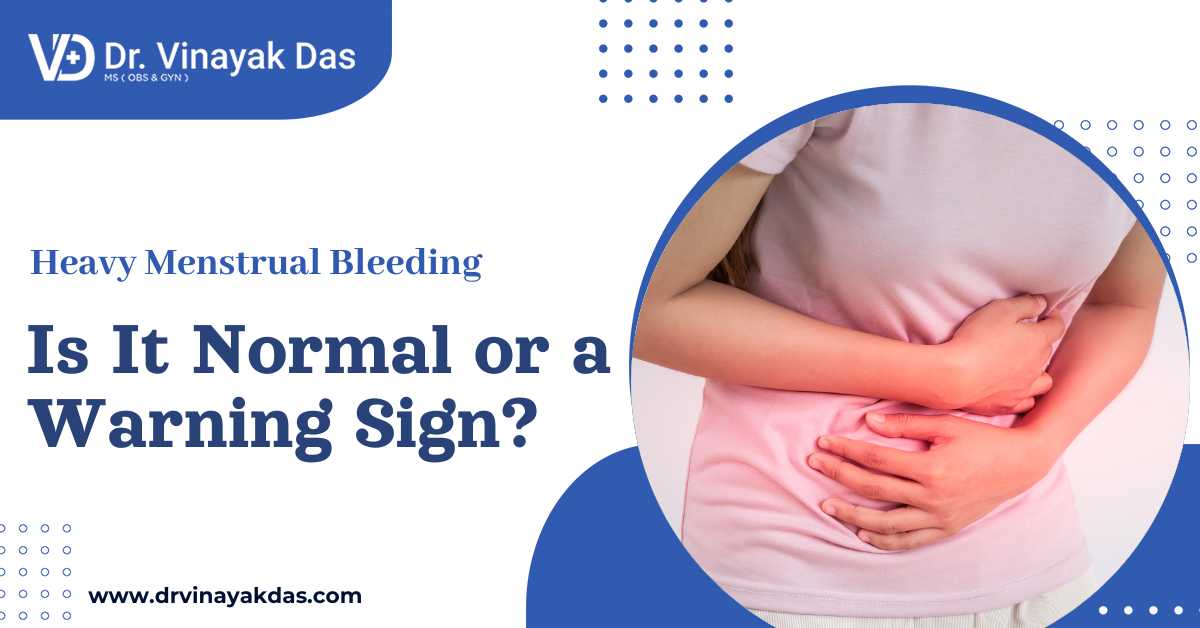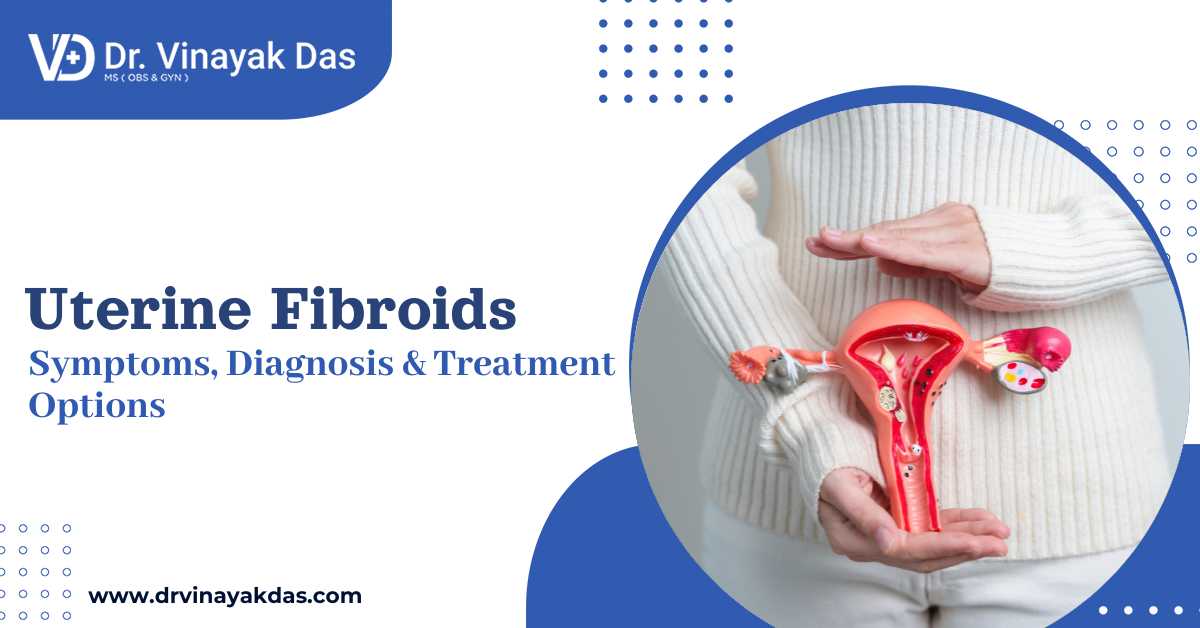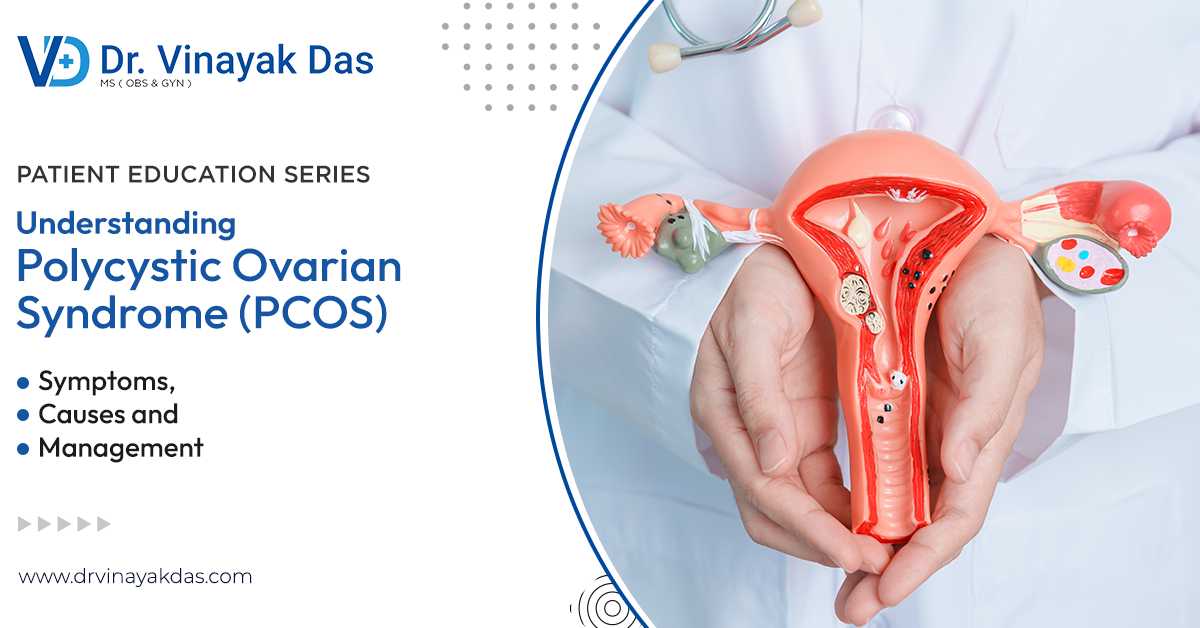Polycystic Ovarian Syndrome (PCOS) is a common hormonal disorder affecting millions of women worldwide. Despite its prevalence, there's still a lot of confusion and misinformation surrounding this condition. In this blog post, we'll delve into the symptoms, causes, and management of PCOS to provide a comprehensive understanding of this often-misunderstood disorder.
What is PCOS?
PCOS is a hormonal disorder characterized by enlarged ovaries with small cysts on the outer edges. These cysts are not harmful but can lead to hormonal imbalances, causing a range of symptoms such as irregular periods, infertility, excessive hair growth, and acne. PCOS can also increase the risk of other health issues like diabetes, high blood pressure, and heart disease if left untreated.
Symptoms of PCOS:
- Irregular menstrual cycles: Women with PCOS may experience irregular or absent periods due to hormonal imbalances.
- Excess androgen: Elevated levels of male hormones (androgens) can lead to symptoms like acne, excessive hair growth (hirsutism), and male-pattern baldness.
- Polycystic ovaries: As the name suggests, PCOS is characterized by the presence of multiple cysts on the ovaries, which can be detected through ultrasound.
- Insulin resistance: Many women with PCOS have insulin resistance, which can contribute to weight gain, difficulty losing weight, and an increased risk of type 2 diabetes.
- Fertility issues: PCOS is a common cause of infertility due to irregular ovulation or lack of ovulation.
Causes of PCOS:
The exact cause of PCOS is unknown, but several factors may contribute to its development:
- Genetics: There appears to be a genetic component to PCOS, as it often runs in families.
- Insulin resistance: Insulin resistance, where the body's cells don't respond properly to insulin, is common in women with PCOS and may play a role in its development.
- Hormonal imbalance: Imbalances in hormones such as insulin, androgens, and luteinizing hormone (LH) can disrupt the normal function of the ovaries.
- Lifestyle factors: Poor diet, lack of exercise, and obesity can exacerbate symptoms of PCOS and contribute to its development.
Management and Treatment:
While there is no cure for PCOS, various treatment options can help manage symptoms and reduce the risk of complications:
- Lifestyle modifications: Adopting a healthy lifestyle with regular exercise and a balanced diet can help improve insulin sensitivity, regulate menstrual cycles, and promote weight loss.
- Medications: Birth control pills, hormone therapy, and insulin-sensitizing medications may be prescribed to regulate menstrual cycles, reduce androgen levels, and improve fertility.
- Fertility treatments: Women trying to conceive may benefit from medications to induce ovulation or assisted reproductive technologies such as in vitro fertilization (IVF).
- Management of symptoms: Treatments for acne, excessive hair growth, and other symptoms of PCOS are available and may include topical treatments, oral medications, or procedures like laser hair removal.
Conclusion:
PCOS is a complex hormonal disorder that can have a significant impact on a woman's health and quality of life. While there is no cure, early diagnosis and appropriate management can help alleviate symptoms, reduce the risk of complications, and improve overall well-being. If you suspect you have PCOS or are experiencing symptoms, it's essential to consult with a healthcare professional for proper evaluation and personalized treatment recommendations. By raising awareness and understanding of PCOS, we can empower women to take control of their health and seek the support they need to manage this condition effectively.
Comments (0)




